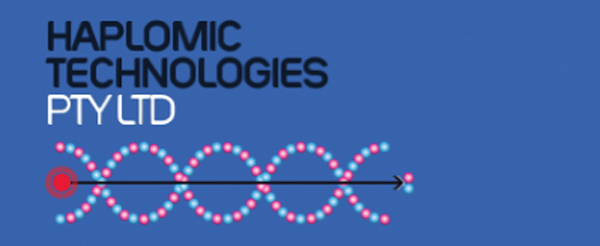The Company Haplomic Technologies Pty Ltd (HT) was established in 2004 by the late Dr Malcolm Simons and Mr Geoff Swanson with the specific objectives of developing intellectual property for the DNA sequencing of single chromosomes to determine haplotypic phase
HT was granted over 20 international patents on the clinical applications of haplotyping from 2004 to 2012. However, at that stage, there were no reliable methods for routinely isolating single chromosomes from single cells for sequencing, while the scientific world was reporting widely that haplotyping represented one of the greatest opportunities for understanding the genetics of many complex diseases.
In 2008, Geoff Swanson proposed the concept of using microfluidics to separate, isolate and collect single chromosomes from a single cell. As a result, we have approached SCHOTT MINIFAB (SMF), which has designed and tested a microfluidic chip for the specific purpose of achieving chromosome singulation.
The original iteration of the technology comes from the HLA system, where HLA haplotyping has been shown to offer survival advantages over allele matching at HLA-A, B, C, DR and DQ loci in unrelated donor bone marrow (BMT) transplants. It became apparent that other areas of medicine would benefit from clinicians and researchers knowing the genetic phase with 100% accuracy. However, the first iteration of the instrument will be targeted at BMT.
In addition to SMF, we now have additional companies on board who assist us in our work.
They are Siverpond, which is developing AI software for metaphase cell and labelled chromosome identification. Planet Innovation, which will be making the instrument, and the University of Adelaide have developed the FISHIS technique for labelling chromosomes and provided facilities to enable DNA sequencing.
New knowledge has been generated in the form of an on-chip process for the singulation and dispensing of labelled chromosomes. These include a wafer layout and chemical and mechanical protocols that enable metaphase cell identification, isolation, lysis, removal of by-products, chromosome singulation, and dispensing. The dispensed chromosomes are in a condition that is amenable to low template DNA sequencing. To achieve this, HT also developed new knowledge in the form of artificial intelligence software to confirm the presence of individually labelled chromosomes.
We intend to design an Investor Package later in the year to attract funding to bring this technology to fruition.


